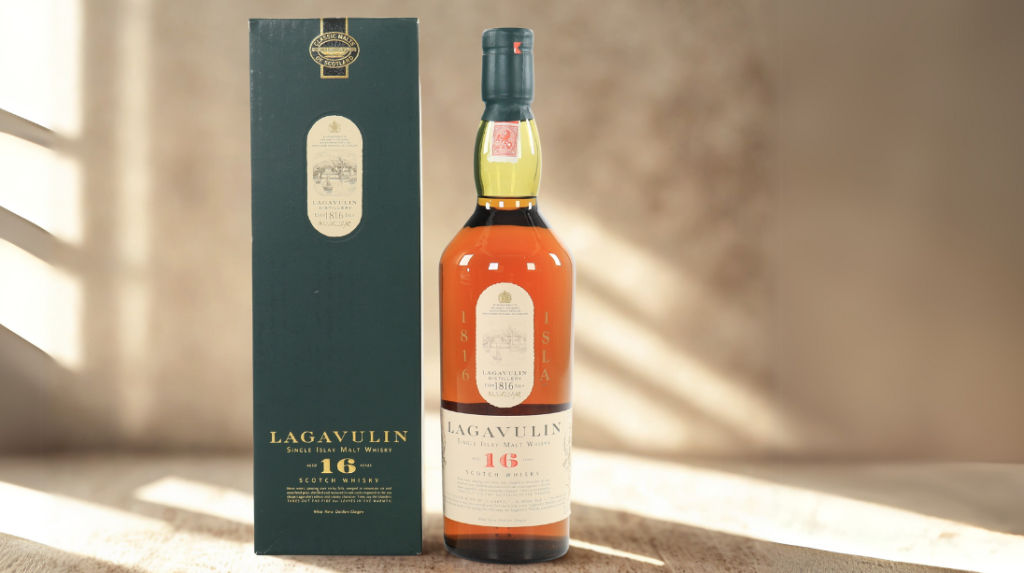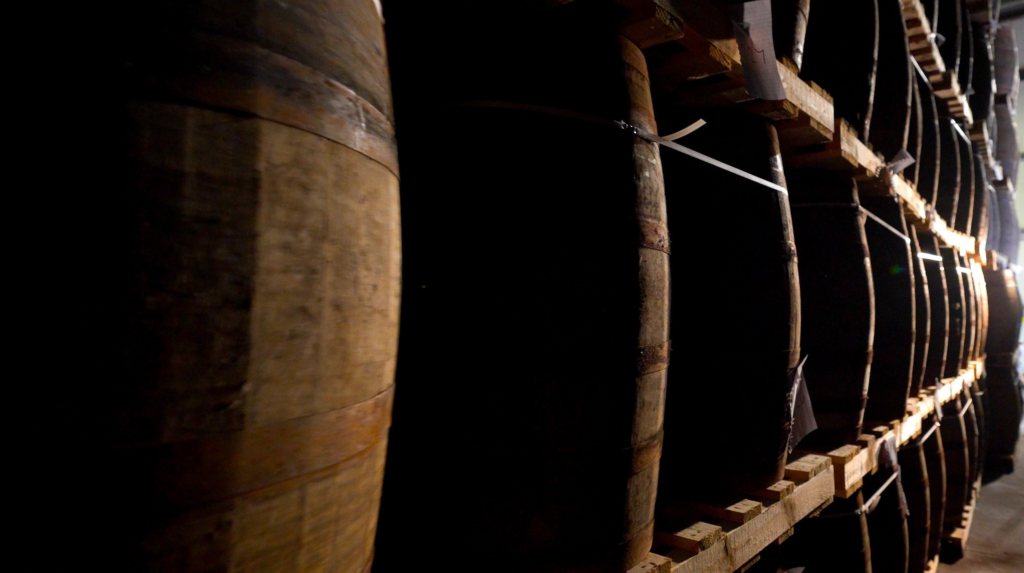
Table of Contents
UK-India Trade Agreement Reshapes the Scotch Whisky Market
The UK and India have signed a Free Trade Agreement (FTA) that will gradually reduce Scotch whisky import duties from 150% to 40%. This deal marks a major milestone and ushers in a golden era for the global Scotch whisky industry.
The most immediate and significant impact of this deal is the reduction in import tariffs:
- Current tariff: 150%
- Expected by next year: 75%
- Target within 10 years: 40%
This reduction in tariffs opens major opportunities for Scotch whisky in India. As prices drop, this formerly premium product will reach mainstream consumers—boosting cask demand and reshaping investment, bottling, and global trade.
Lower Tariffs Will Drive Demand for Scotch Whisky
According to the Scotch Whisky Association (SWA), India became the world’s largest importer of Scotch in 2023, surpassing France with over 219 million bottles imported. This shows strong demand despite the steep 150% import duties.
In India, Scotch whisky is more than just a drink — it’s a symbol of status and lifestyle:
- Single malt whiskies are considered prestigious gifts at weddings and celebrations.
- Premium whisky collecting is rising among affluent consumers.
India’s Whisky Market Is Rapidly Upgrading
In 2021, India imported 25 million bottles of bottled blended Scotch and over 108 million bottles of bulk whisky for blending — indicating huge demand for accessible, affordable products.
Most of this bulk whisky is shipped to India and mixed with locally produced spirits (like molasses-based alcohol) to create blended whisky brands such as 100 Pipers or Royal Stag. Unlike the UK or EU, Indian regulations allow these blended products to still be labelled as “whisky”.
While this loose regulation has helped the market grow quickly, reduced tariffs will give consumers more access to real single malts. High-end brands like Lagavulin and Macallan, once too costly for most, will become more accessible to India’s expanding middle class.

Opportunity for Independent Bottlers
For years, many Indian SMEs dreamed of owning Scotch whisky brands — but high tariffs kept them out. That barrier is now being removed.
Boutique hotels and premium bars can now explore private label blends, custom bottlings, and limited-edition single malts. This opens exciting opportunities for independent bottlers who in sourcing unique casks — especially as demand grows for rare and aged whiskies.
Lower tariffs also mean greater margins—not only for giants like Johnnie Walker but also for smaller distilleries and exporters aiming to enter this fast-growing market. Casks that might have sat untouched in Scottish warehouses could now be showcased in premium stores in Delhi or Mumbai.

The Road Ahead for the Scotch Whisky Industry
£1 billion in market potential
According to SWA forecasts, the value of Scotch whisky exports to India could reach £1 billion within five years. This shift will not just reflect in sales figures — it could fundamentally reshape the global whisky map.
Entire Whisky Supply Chain to Expand
From cask investment and bottling operations to branding and logistics — the entire supply chain is expected to scale up. For many small Scottish distilleries, India is no longer a distant market but a strategic and promising consumer base.
This UK-India trade deal is a gateway for Scotch whisky to enter the mainstream of Asian markets. For cask investors, bottlers, and enthusiasts, the next five years could mark a golden era of growth and opportunity.
Learn More About Whisky Cask Ownership
Interested in buying a whole whisky cask and want to learn more about the cask ownership?
Contact us here for more information.



